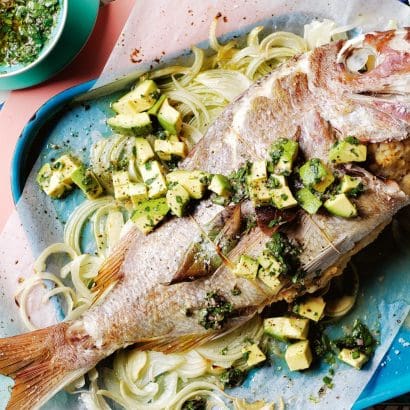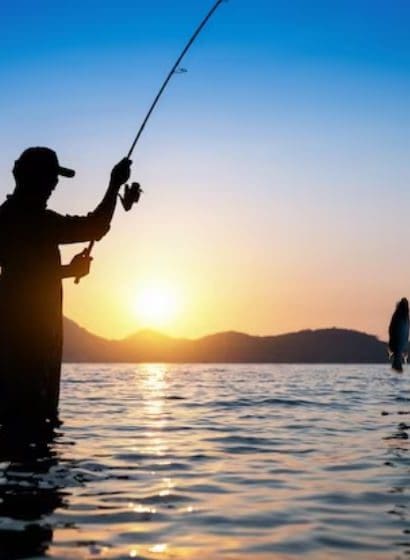
Fishing communities have been the soul of coastal life for centuries. From small seaside villages to large commercial ports, these places not only provide food but also represent a rich cultural tradition. Throughout this article, we will explore their importance, the challenges they face, and how they have evolved over time.
Contents
🌊 The Importance of Fishing Communities
Fishing communities are vital for the livelihood of millions of people worldwide. They not only provide jobs but also play a crucial role in food security.
🔹 Food Provision
One of the greatest benefits of these communities is their contribution to global food supply. Fish is a key source of protein and essential nutrients. Moreover, many economies depend on seafood exports, strengthening international trade.
🔹 Sustainability and the Environment
Without a doubt, fishing can be a sustainable activity if managed correctly. Traditional fishing communities have practiced eco-friendly methods for generations. However, overfishing and pollution pose major threats.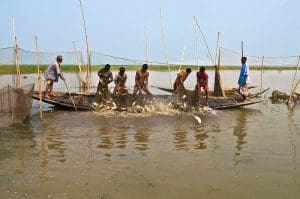
💡 Fun fact: In many cultures, artisanal fishing has been passed down from generation to generation.
🌎 Challenges Faced by Fishing Communities
Despite their importance, fishing communities face multiple obstacles. Some have existed for centuries, while others have emerged with technological advances and globalization.
🔸 Climate Change and Its Impact
Rising temperatures, ocean acidification, and stronger storms directly affect fishermen. As a result, marine ecosystems change, and some species migrate or disappear.
📌 Example: In the Arctic, melting ice has altered the routes of many fish species, affecting local fishermen.
🔸 Overfishing and Illegal Fishing
When more fish are caught than can reproduce, populations decline. This not only affects marine ecosystems but also the economy of fishing communities.
👉 Relevant fact: Illegal fishing accounts for up to 20% of the world’s catch, according to the FAO.
🔸 Globalization and Competition
Local fishermen must compete with large corporations and advanced technologies. Often, fish prices in the market are determined by factors beyond their control.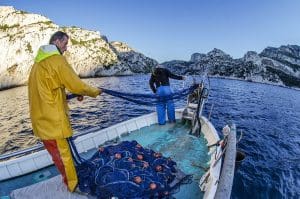
📢 Reflection: How can small communities survive in such a competitive world?
⚓ The Evolution of Fishing Communities Over Time
Fishing communities have changed over the years. Although they maintain many traditions, they have also adopted new technologies and practices.
🔹 Traditional vs. Modern Fishing
Artisanal fishing uses sustainable methods such as small nets and hooks, while industrial fishing employs massive boats with advanced equipment. Despite modernization, many communities still prefer traditional techniques.
📌 Example: In Japan, cormorant fishing is an ancient technique that is still practiced today.
🔹 The Role of Technology
Thanks to innovation, fishing has become more efficient. Some modern tools include:
- GPS and sonar: Allow for easier detection of fish schools.
- Mobile apps: Help monitor weather and sea conditions.
- Preservation methods: Advanced refrigeration extends fish freshness.
🔎 Interesting: Some fishermen now use drones to monitor the sea and prevent illegal fishing. Enhance your seafood experience with the perfect wine pairings! Read more in Ocean Fare and Wine Synergy: The Perfect Harmony of Sea and Vine.
🌟 How We Can Support Fishing Communities
It is essential to protect and strengthen these communities. Here are some ways we can all help:
🔸 Responsible Consumption
Choosing seafood from sustainable sources makes a big difference. Some tips include:
✔️ Buying from local markets.
✔️ Choosing species that are not endangered.
✔️ Avoiding products from illegal or unregulated fishing.
🔸 Policies and Regulations
Governments play a key role in protecting fishing communities. Some actions include:
🛑 Implementing laws against illegal fishing.
🌿 Promoting sustainable fishing practices.
📢 Supporting small-scale fishermen with subsidies and training programs.
🔸 Education and Awareness
The more we learn about the impact of our actions, the better we can help. Schools and organizations can promote: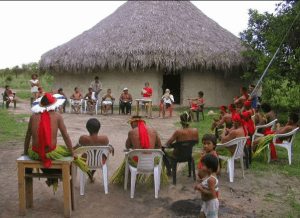
📚 Talks about marine environments.
🎥 Documentaries on fishermen’s lives.
🔬 Research projects to improve sustainable fishing.
📌 Remember: Small changes can make a big impact.
🌊 Conclusion
Fishing communities have been fundamental in human history. However, they face significant challenges that threaten their survival. Through sustainable practices, proper regulations, and global support, we can ensure these communities continue to thrive in the future. Love snapper? Discover mouthwatering ways to prepare it in our guide: 5 Recipes with Pargo Fish: A Delicious Culinary Journey.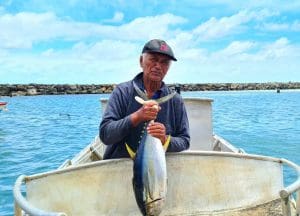
What can you do? Think about how your purchasing decisions can impact the lives of thousands of fishermen around the world.

